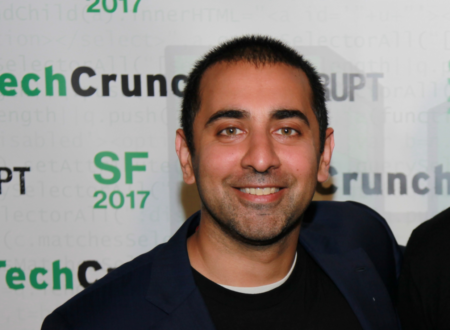Dr. Eric Topol Maps New Path To Longer Healthier Lives
World-renowned cardiologist and researcher Dr. Eric Topol is challenging conventional wisdom about aging, presenting a compelling new vision for not just extending human lifespan, but significantly enhancing the quality of those added years. In his latest work, he outlines an evidence-based approach to what he terms “healthspan,” aiming to make the second half of life as vibrant and active as the first.
A New Vision for Living Well Longer
Dr. Topol’s vision centers on a revolution in how we approach aging and health. Moving beyond the focus on simply adding years to life, he emphasizes the critical importance of extending the period individuals live in good health, free from debilitating age-related diseases. This perspective is grounded in the accelerating pace of scientific discovery and technological innovation that is fundamentally changing our understanding of the aging process.
Focus on Healthspan Not Just Lifespan Prioritizing Quality Years
The core idea is that a concerted effort utilizing cutting-edge tools and informed lifestyle choices can compress the period of morbidity typically associated with later life. Instead of accepting a decline into chronic illness, Dr. Topol presents a future where proactive prevention and early intervention, guided by precise data, allow individuals to maintain high levels of health and functionality deep into what was previously considered old age.
The Pillars of the New Approach Technology Lifestyle and Prevention
This transformative potential, according to Dr. Topol, rests on a convergence of several key areas. Advanced technologies play a crucial role, including the power of genomics for understanding individual predispositions, artificial intelligence for enhanced diagnostics and data analysis, and the widespread use of digital health tools, wearables, and biosensors for continuous, personalized health monitoring. These technological advancements are coupled with a renewed emphasis on fundamental lifestyle factors – regular exercise, adequate sleep, strong social connections, and a diet focused on nutritious, real food. Furthermore, breakthroughs in medical treatments and a deeper understanding of the biological mechanisms of aging offer new avenues for preventing or significantly delaying the onset of major age-related diseases like heart disease, cancer, and neurodegenerative disorders.
Personalized Medicine at the Forefront Measuring and Predicting Aging
A key component of this new vision is the move towards highly personalized medicine. Dr. Topol highlights the development of tools like proteomic organ clocks, capable of measuring the biological age and aging pace of specific organs, not just the chronological age of an individual. This allows for early identification of risks and proactive, tailored interventions. The ability to accurately forecast the likelihood and potential progression of age-related diseases decades in advance empowers individuals and healthcare providers to implement aggressive preventative strategies and active surveillance plans based on objective, data-driven insights.
Navigating the Future Challenges and Potential
While the scientific and technological foundation for extending healthspan is more robust than ever, Dr. Topol acknowledges significant challenges remain. Addressing profound health inequities to ensure these advancements benefit everyone, not just a privileged few, is paramount. Continued investment in research is necessary, and there is a need to navigate the hype and skepticism surrounding unproven “anti-aging” shortcuts, focusing instead on evidence-based approaches. Despite the hurdles, the vision offers a hopeful outlook – a future where a greater number of people can aspire to become “super agers,” living longer, healthier, and more fulfilling lives than ever before possible.





